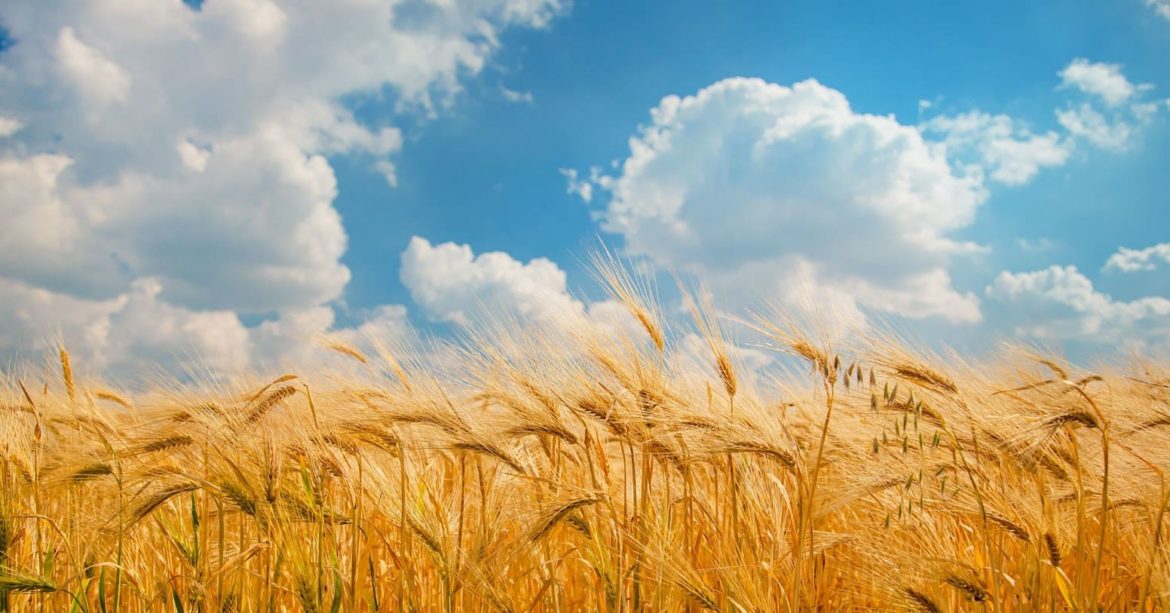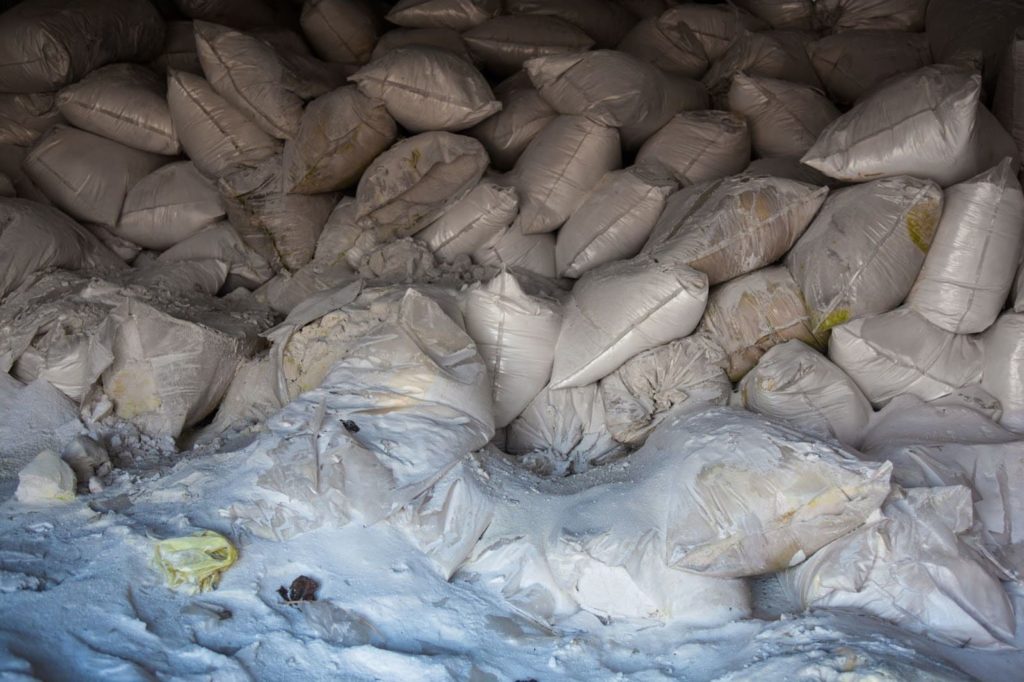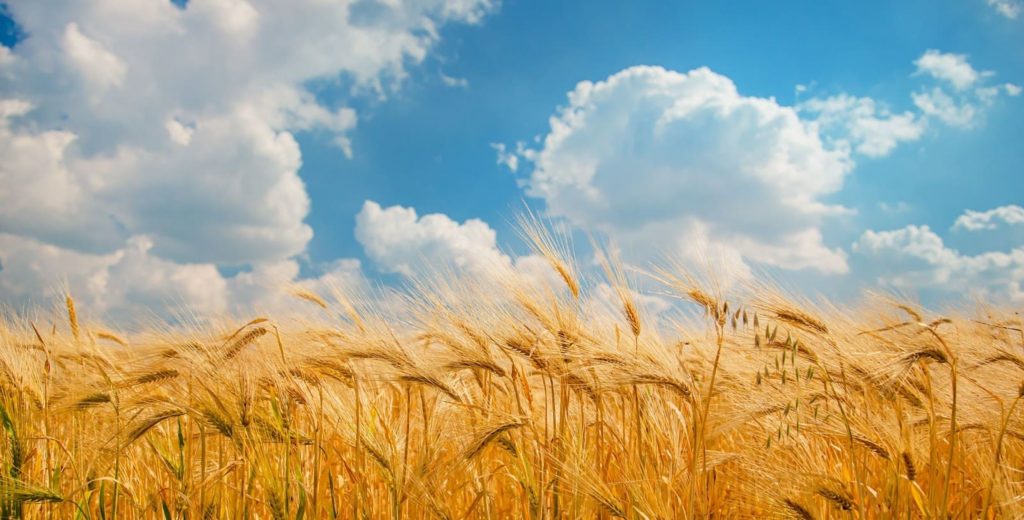Record High Fertiliser Prices in Australia
Fertiliser prices in Australia are currently at a record high. The price surge has been caused by a combination of rising energy costs globally and restrictions placed on exports by traditional overseas suppliers.
The current high cost of fertilisers in the country may cause farmers to ration usage leading to a reduction in food supplies and increased food prices.
Key points
- Fertiliser prices in Australia are currently at a record high.
- The price surge has been caused by a combination of rising energy costs globally and restrictions placed on exports by traditional overseas suppliers.
- Reduced use of fertilisers due to record prices, is potentially leading to significantly reduced yields and a lower yield has the potential to lead to high prices for food.
- Natural fertilisation choices may provide short term solutions but there are insufficient supplies of organic fertiliser to meet agricultural needs in Australia.
Fertiliser prices in Australia at a record high
The rise in the cost of fertiliser has been ongoing since the start of 2021 but has been particularly rapid in recent months. It has recently reached a record level of $1,320 per tonne for purchase, freight, and discharge.
This level of cost is highly likely to cause farmers to reduce the amount of fertiliser they use thereby interrupting the global food chain.
Why are fertiliser prices soaring?
One of the main reasons for rises in global fertiliser prices is the fact that they are often produced using hydrocarbons such as natural gas. Prices for gas are currently rocketing and this is having an effect on fertiliser production costs.
As a result, some manufacturers have suspended production. This has caused a lack of supply which in turn has led to extortionate price levels.
A further factor leading to a reduced supply of fertiliser in the country is the difficulty with imports from China and Russia. China has placed restrictions on exports and Russia has applied a quota.
Australian farmers have been importing fertiliser from Morocco. However, dramatically rising prices have caused problems in this area. These prices are even higher as a result of freight charges due to the large distance between the two countries.
The effect of high fertiliser costs on food prices
Food prices across the world have increased as a result of COVID-19 induced issues such as inflation. Australians have already seen the impact of these increases.
Now, reduced use of fertilisers due to record prices, is potentially leading to significantly reduced yields. For example, the yield from organic wheat is around 30% lower than the yield from synthetically fertilised wheat.
A lower yield has the potential to lead to high prices for food. Australians will no doubt notice this increase when it hits their household budget.
Alternative fertiliser options for Australian farmers
The agriculture industry in Australia is looking for ways to use greener, more cost-effective fertilisers such as those produced using hydrogen. However, these fertiliser plants are not going to be operational in the immediate future. It’s likely to be around five years before they begin to make an impact.
When it comes to solutions that can help in the short term, there is the possibility of changes to crop rotations to favour crops that produce nitrogen. Doing this can help improve the quality of soil naturally.
Some farmers, like Dianne Haggerty, are glad that the use of artificial fertiliser is under the microscope right now. They believe in the use of green fertilisers due to the damage that chemicals such as nitrogen and phosphorus do to the environment.
These farmers think that the true cost of artificial fertilisers is this damage and not the financial outlay of many businesses in the Australian agriculture industry.
Advocates of natural fertilisers believe that eventually yields will increase as the soil quality improves. The notion is that this will help to future proof farming against potential high costs of artificial fertilisers in the future.
The problem with this is that there is not enough organic fertiliser available in Australia to meet the demands of the agriculture industry.
The truth is that there is no easy answer to the problem of soaring fertiliser costs. Farmers have to hope that the situation will stabilise. If this does not happen, the effects will continue to be felt. This does not only apply to the agriculture industry itself. Australians will experience rising grocery bills, an unwelcome hit for households that are already struggling to deal with other rising costs.
2 - 2Shares



